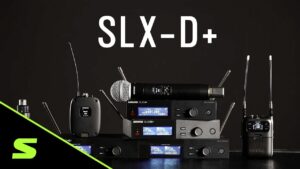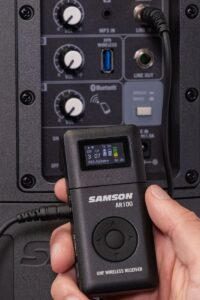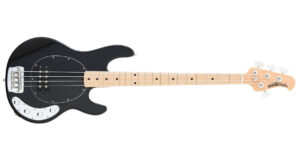Ever since the independent music scene erupted in India, we’ve seen some very special bands with incredibly versatile and energetic live performances across the country. Keeping in mind some general rules of thumb, we’ve come up with some tips and information on how to make gigging a whole lot easier for every aspiring musician.
Preparation
Your own sound:
Just practicing a song in the comfort of your room is usually not enough. The scenario on stage can be very different from that of a jam room or studio. It’s crucial to learn your parts well enough to be able to play them at ease in any situation, like in front of a talking crowd, noise or visual distractions.
Your Band’s sound:
A rehearsal is never about each individual musician playing his or her part perfectly. The idea of a band is to have a rhythmically and musically ‘tight’ sound, where each member is well aware and can compensate for the sound of another. Dynamics, levels and a keen ear are crucial to having a great overall sound, regardless of how brilliant any single band member is.
On-Stage sound:
The sound at any gig is almost never the same as the sound in a rehearsal. Having an intimate understanding with your sound guy at the venue, taking sufficient time to do a thorough sound check, and having a stage presence free from crippling anxiety of any kind, are key to a notably unique live sound.
Generic Yet Useful Tips
Understand what to ask for on your monitors. Each musician will have his or her priorities when it comes to essential sounds that they need to here in order to keep a track of their performance. Be it the hi-hat or the rhythm guitar, your monitor is your best friend on stage.
Listen to your sound man. Usually, they know what they’re talking about. If in doubt about levels, you can always ask someone from your band to check on the sound from the audience’s perspective and tweak and EQ accordingly.
Make sure mics don’t point towards any monitors. Feedback mid-gig is a major turn off for any audience. If your space is crammed, make sure you adjust your bandmates’ positions or move around to avoid any direct feedback.
If you’re the drummer and you mess up, don’t ever stop playing. The probability of people in the audience noticing a missed hi-hat note is ridiculously low. What is much more obvious, on the other hand, is a groove coming to a crashing halt out of nowhere, just cause you need to pick up your fallen stick.
Similarly, don’t stop playing if you’ve broken a string. Most songs can survive for a few bars depending on which string you break (I’m gonna assume it’s the high E and for good reason) and it’s better to make a clean break with the band instead of getting flustered and halting unnaturally.
Tune your instruments before getting on stage. Another generic tip, but absolutely crucial. Pausing in between songs to tune your instruments is never considered professional, unless you’re playing some unusually heavy music that detunes your strings in minutes. Then too, it’s best to have gear that has lock-ins. And whatever you do – even if you must tune on stage – don’t ever tune out loud. There is nothing more off-putting than the sound of EADGBe in between or after a song. If everyone’s using a different tuner, make sure they all have the same frequency. You’d be surprised to see how different instruments can sound when tuned with different tuners.
Be methodical and make a set-list. However ‘cool’ it may seem to just ride up on stage and play impromptu, your audience and more so your band deserves a well planned gig. Making sure every song is in order, and that everyone in the band knows the order, is also another aspect of a smooth flowing performance.
Follow your house manager’s instructions. It’s important to set boundaries and not get taken for granted as musicians, but if you can’t follow your manager’s or your venue’s instructions, you’re definitely not getting called for a second gig. Have your contract established and sorted before playing and make sure there’s an understanding with your hiring manager as to the duration of your gig and other miscellaneous points.
Be overly prepared with the intro and end to every track. It’s something most musicians take for granted, but a tight start and a tighter finish make up the difference between an amateur and professional sounding band. Always know where the drummer’s going to crash, coordinate your breaks and make sure the band knows how long you plan to solo for.
Keep your audience involved. The time to stare at your instruments is in the studio. On stage, eye contact with the crowd is essential if you wish to involve them in your music. The energy you express on stage is what the audience absorbs, and making them feel like a part of your performance is what will bring them back for your next gig.
Sound Setup Essentials:
- A mixer with enough inputs for every instrument and microphone
- Enough monitors for every band member to hear themselves and their band clearly
- Onboard Equipment like compressors, DIs, gates and effects
- In-Ear monitors if your band/sound guy can supply them.
- Cables, extra cables and more cables. Having extra is always recommended, however there should be only the absolute essentials on stage in order to avoid any clutter and confusion.
Performance Kit:
- Tuners
- Extra strings, Allen keys, picks, string cutters, pliers and drum keys
- Spare guitar strap
- Gaffer Tape
- Batteries for pedals
- Tacks for holding notes
- Earplugs
- Amp backups
- Adapter for mains








